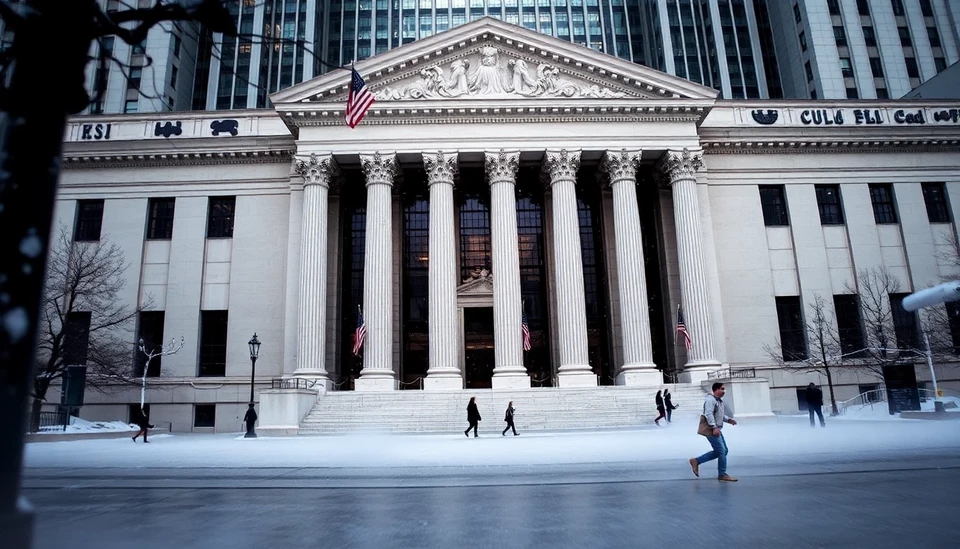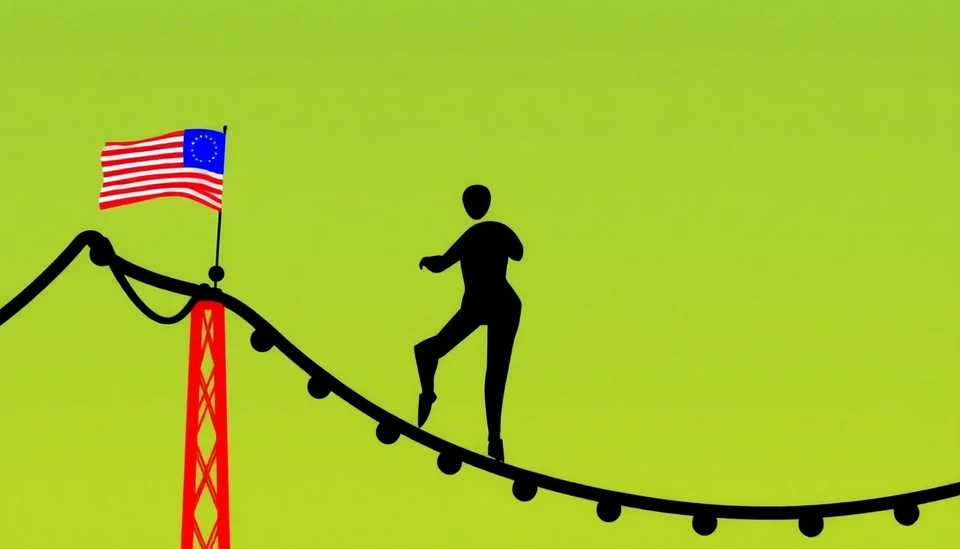
In a shocking turn of events, stock markets are in freefall, casting a shadow of uncertainty over investors and analysts alike. The recent market decline is not merely a blip on the radar; it represents a significant shift in investors' sentiment and economic outlooks as they grapple with a challenging economic landscape.
Currently, major indices have seen dramatic declines, with losses being felt across various sectors. Investors, who previously were riding high on optimism, are now facing a stark reality as concerns regarding inflation, interest rates, and economic growth mount. The Dow Jones Industrial Average, the S&P 500, and the Nasdaq Composite have all suffered substantial losses, reflecting fears of an impending recession.
Compounding these issues, analysts report that the Federal Reserve, traditionally viewed as a stabilizing force during turbulent times, appears disinclined to intervene in the current market chaos. Recent comments from Fed officials indicate that they prioritize tackling inflation over propping up the stock market. This shift in focus has left investors feeling abandoned, as they seek reassurance amidst the plummeting values of their portfolios.
The Fed’s commitment to combatting inflation has been made crystal clear in their latest public statements. Rather than implementing measures to support the market, officials are more concerned with curbing the persistent rise in consumer prices. This aggressive stance reflects a paradigm shift, where the central bank is more focused on the long-term economic health rather than short-term market performance.
Some analysts warn that this course of action could lead to further volatility in the markets as interest rates continue to rise. Higher rates can dampen consumer spending and business investments, which ultimately drag on economic growth. The fear is that if investors perceive the Fed's relentless inflation-fighting measures as excessive, it could fuel panic selling, leading to an even sharper market decline.
Moreover, amidst this volatility, key economic indicators are painting a concerning picture. Recent reports highlight a slowdown in job growth, increasing layoffs, and declining consumer confidence. These factors further complicate the Fed’s decision-making process, as they must weigh the risks of fostering a recession against their commitment to achieving price stability.
While some investors may hold out hope for a Fed pivot, expectations are fading quickly. The central bank's consistent messages emphasize a tough stance against inflation, suggesting that any potential support for the markets may be a long way off. As a result, many are reconsidering their investment strategies, and some long-term investors are bracing for a prolonged period of volatility.
In an environment where the typical safety nets offered by central banks appear absent, reliance on market fundamentals and prudent financial management may become paramount. Investors are urged to stay informed and prepared for continued turbulence as uncertainty reigns in both financial and economic spheres.
As the situation unfolds, all eyes remain on the Fed’s next moves and how they will navigate this challenging economic landscape while keeping inflation in check.
#StockMarket #FederalReserve #Investing #Finance #EconomicOutlook #Inflation #MarketVolatility #RecessionThreat
Author: Laura Mitchell




